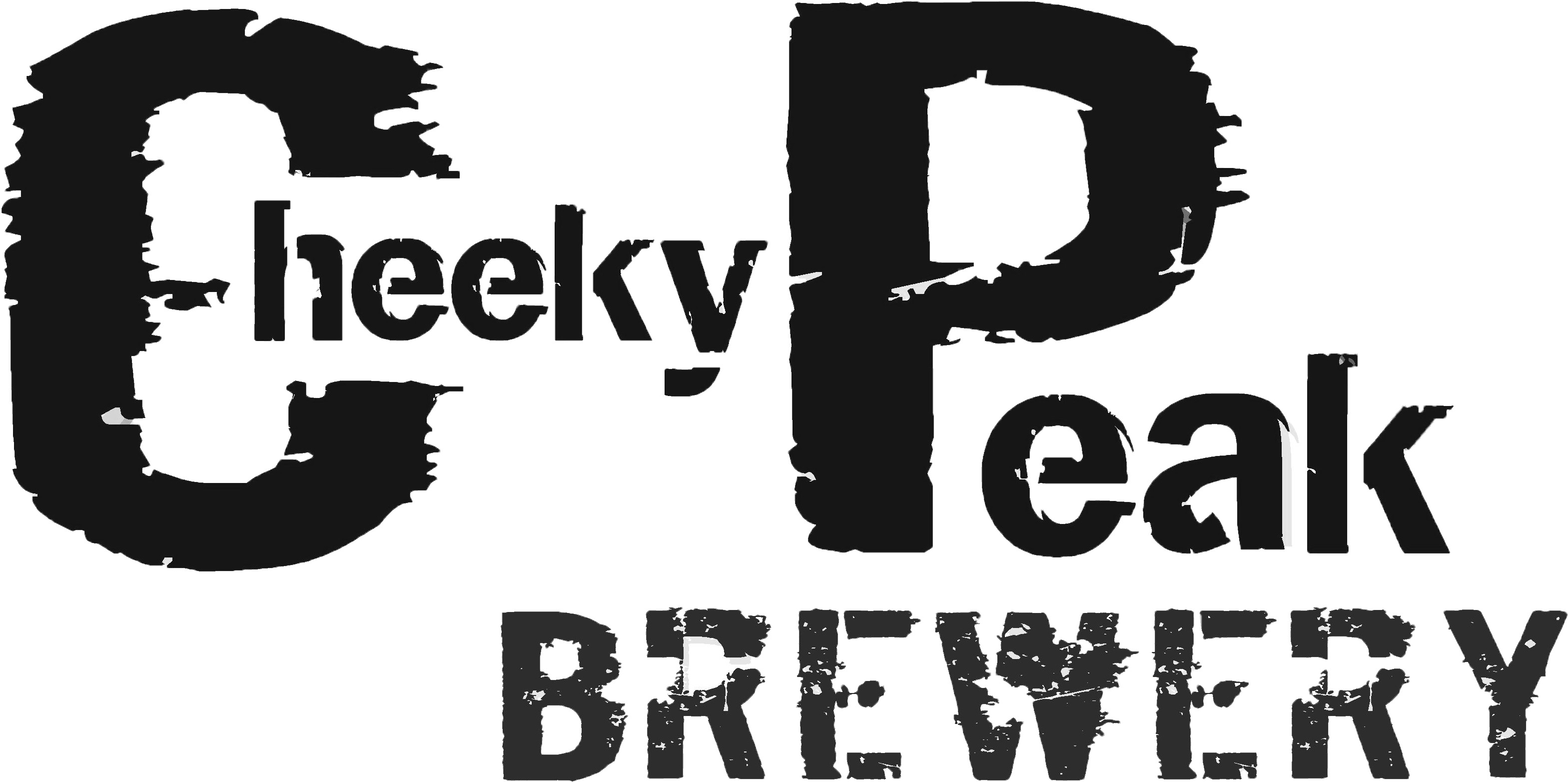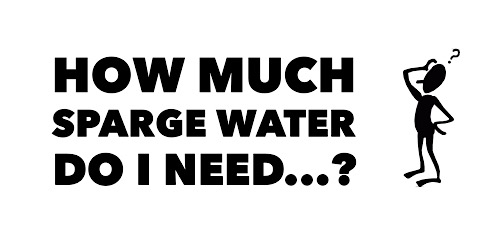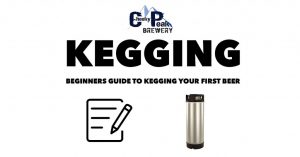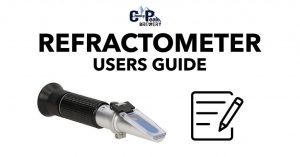A question that comes up a lot amongst the homebrewing community, especially brewers new to all grain brewing is “how much sparge water do I need to use?”
For beginner all grainers this can be a hard concept to fully grasp and understand. The first thing you need to understand when it comes to all grain brewing is that variations do occur. Brew day conditions, variations in brew systems, ingredient quality are all going to play a role in determining the amount of sparge water required. Although we as brewers try to keep everything as consistent and repeatable as possible, variations are just part of the game.
However…
If you are new to all grain brewing (or even dialling in new equipment), there are a few assumptions about the brew day that can be made to help give you a ball park figure for sparge water volume.
Assumptions that can be made
(* based off a typical 23L batch size)
Mash Water Volume: 3L of water to 1kg of grain
Grain Absorption: 1L lost per kg of grain
Boil Off Rate: 4L lost over a 60 minute boil
Trub/System Water Loss: 2L
How to Use these Assumptions to Determine Sparge Water Volume?
Time to run some numbers for a hypothetical batch so you can see how these assumptions will come into play…
Batch Size (Fermenter Volume): 23L
Total Grain Weight: 5kg
When we know the batch size we are aiming for and total grain weight, we can start to work through our assumptions to determine how much sparge water will be required.
Mash water required (3L/kg) = 15L
Grain Absorption Loss (1L/kg) = 5L
Trub/System Loss = 2L
Boil Off Loss (~15%) = 4L
Lets Run the Calculations…
15L – 5L – 2L – 4L
= 4L
From this point all we need to do is subtract our the 4L answer from our batch size (23L) to give us our sparge water volume…
23L – 4L
= 19L of water required for sparging
BUT REMEMBER…
These numbers are assumptions only and not specific to your unique system and brewday conditions. They will give you a ballpark figure, however the only way to dial in these numbers is by repetition on your own brew system and careful documentation throughout the brewday.
ONE MORE TIP: It is generally a good idea to sparge with a little less water (1-2L) then what you have calculated. This way when you get 5-10 minutes from the end of your boil, you can check your gravity and if it is a little high you can adjust with water to dilute and hit your target OG.











